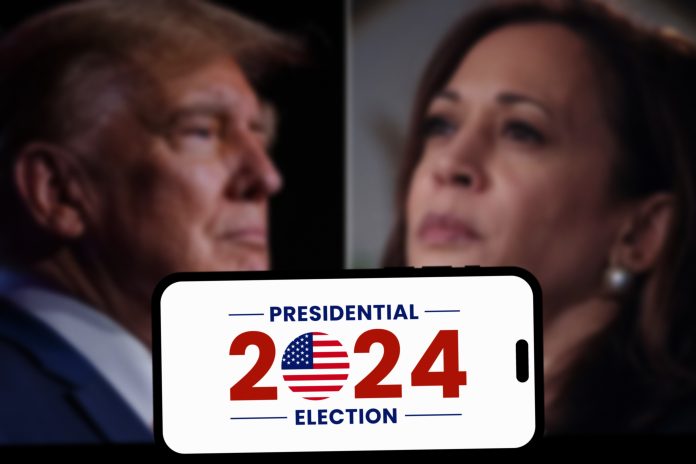During the Sept. 10 presidential debate, former President Donald Trump and Vice President Kamala Harris sparred over the state of the U.S. automotive industry, with each candidate presenting contrasting visions for its future. The exchange occurred during a broader discussion on climate change, with Harris defending the Biden administration’s clean energy investments and job creation while Trump criticized current manufacturing trends.
Harris highlighted the administration’s achievements, pointing to nearly 800,000 new manufacturing jobs, including those linked to the automotive sector. She emphasized that the Biden administration’s commitment to clean energy and American manufacturing has been central to the auto industry’s growth. “We are investing in American-made products, including automobiles,” she said, adding that new auto plants are being opened rather than closed, as she claimed happened under Trump.
According to the U.S. Bureau of Labor Statistics, 739,000 manufacturing jobs have been added since Biden took office. Under Trump, the country added around half a million jobs before the pandemic wiped out those gains.
Trump, however, countered Harris’s claims, stating that the U.S. lost 10,000 manufacturing jobs in the previous month and warning about the growing influence of Chinese companies. He accused the administration of allowing Chinese-owned companies to build plants in Mexico to sell cars in the U.S. “We will put tariffs on those cars so they can’t come into our country,” Trump declared, suggesting that the current administration’s policies were harming American workers, particularly those in the auto industry.
On the other hand, Biden has already raised tariffs on Chinese-made electric vehicles (EVs) to 100%, leading companies like BYD, China’s leading EV manufacturer, to delay plans to build a plant in Mexico until after the upcoming election.



